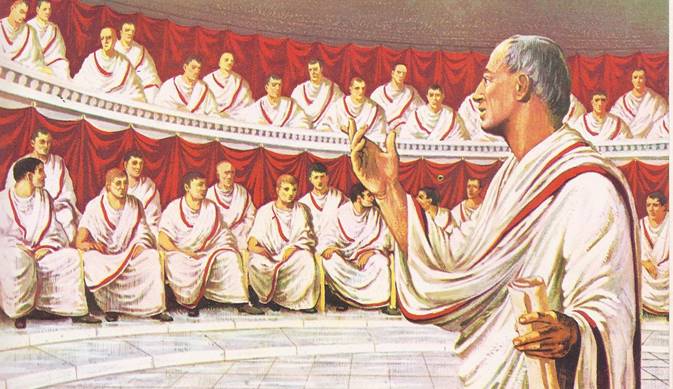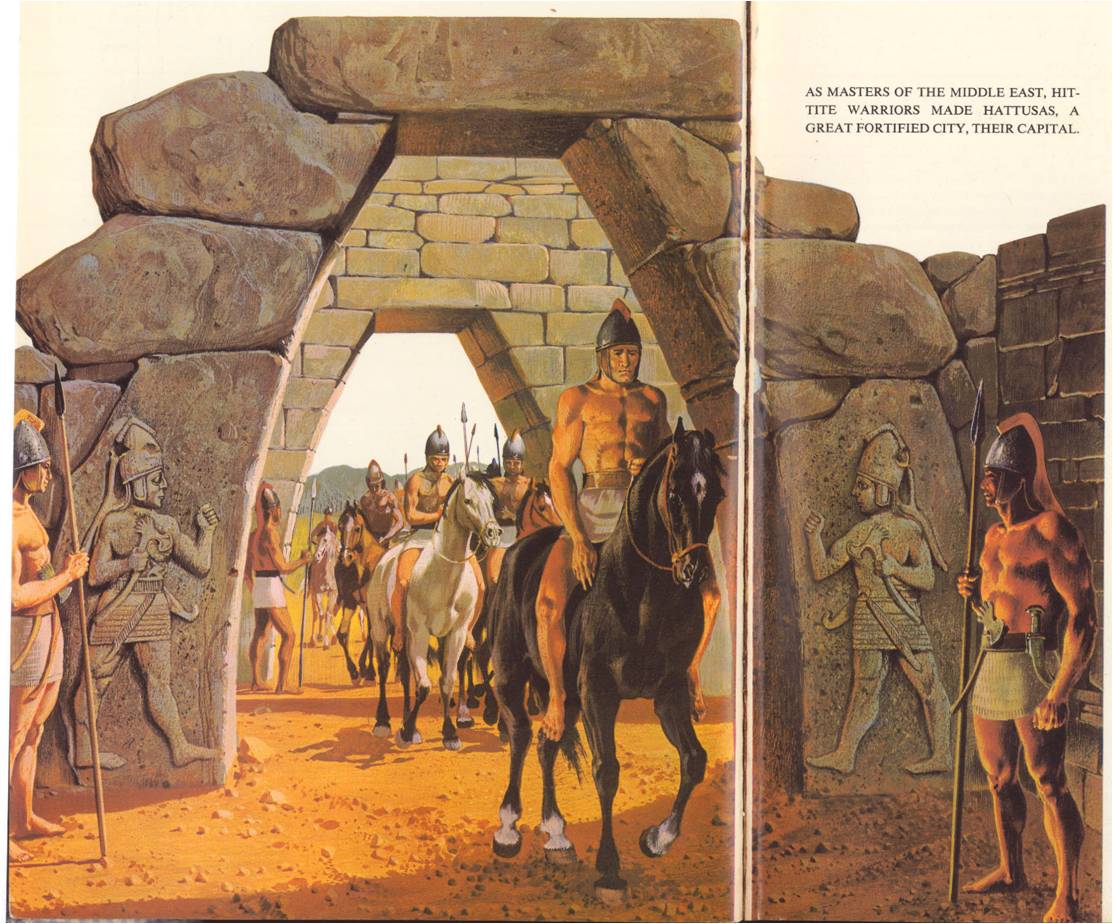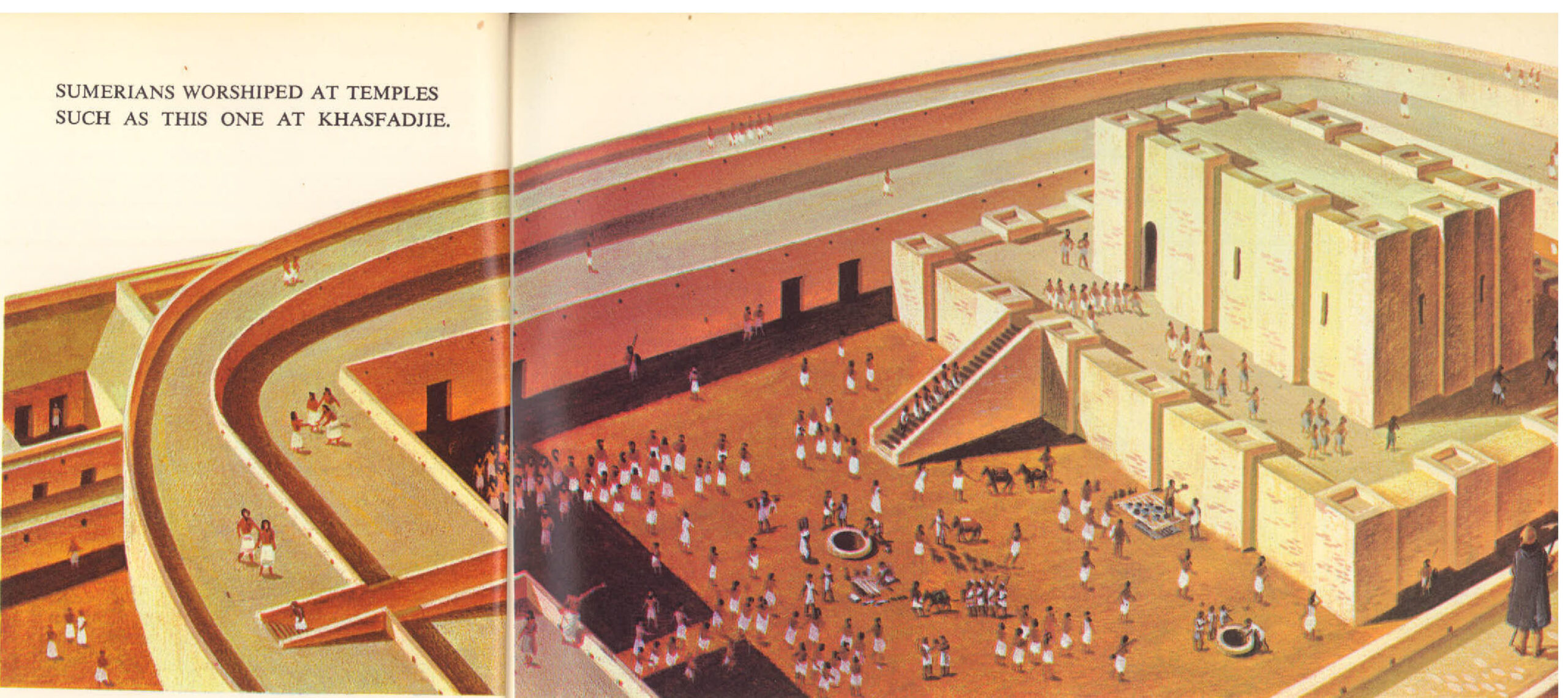AT THE beginning of the second century, the Christian Church was a loosely organized group of independent local churches. There had been no strong leadership since the days of the apostles, no recognized authority to whom they could turn to settle their differences concerning the faith. Paul’s epistles had cleared up many points for them, but new questions were constantly arising. The Roman church had been taking a leading role for some time. There were a number of reasons for this. According to tradition, both Paul and Peter had died in Rome. It was the only church in the western …
Read More »Paul of Tarsus A. D. 35 – 64
THERE was one man who had more to do with the future of the Christian church than even the apostles themselves, and his name was Paul, or Saul in Hebrew. He was the greatest of all Christian missionaries. Much more is known about Paul than about other leaders of the early church, for he wrote or dictated long letters of instruction and encouragement to various missions he had established. These letters were called epistles. A number of them were preserved and published. In addition, most of the Acts of the Apostles, the fifth book of the New Testament, deals with …
Read More »The City of the World A. D. 117 – A. D. 138
ROME was no longer just a city — it was a world. In the reign of Hadrian, the blaring trumpets that announced the comings and goings of the emperor echoed in Spain, Syria and Britain as often as in Italy. Hadrian wanted to know what was going on in all of his empire. He wanted to inspect the troops and forts that held the frontiers and to judge for himself the wisdom of the governors he had sent to rule the provinces. He wanted to visit the towns and cities, to see their ancient buildings, to plan new buildings where …
Read More »The City of Caesar 80 B. C. – 44 B. C.
THE story of Rome in the years after Sulla’s death was the story of a partnership of power. It was the tale of three men who bargained for the world — a rich man, a poor man and a man who was not only a hero, but looked it. The rich man was Crassus, who had become a millionaire by setting up the only fire department in Rome. The tall buildings and narrow, crowded streets of the city made a fire a constant danger. When one house burned to the ground, the buildings on either side were likely to fall …
Read More »The City Divided 130 B. C. – 70 B. C.
MARCUS TULLIUS CICERO, a young statesman known for his dramatic speeches, stood before a panel of judges in a courtroom in Rome. He stared at them angrily. For fifty days he had travelled through Sicily, collecting facts about the crimes committed by Caius Verres, the man who was on trial. Now the judges had told him that there would not be time to listen to his evidence. Cicero knew that the judges had been bribed. For it was no ordinary criminal that he meant to send to prison or to death. Caius Verres was an aristocrat and a senator and …
Read More »The Conquerors 343 B. C. – 323 B. C.
In 343 B. C., the philosopher Aristotle left the quiet of his study and journeyed to Macedonia, a country in the mountain wilderness north of Greece. He had been hired to tutor the rowdy young son of a king. The boy, Alexander, was a yellow-haired thirteen-year-old. His manners were polite and he seemed to be clever enough, but he was wild. It was hard for him to pay attention to his studies. He much preferred galloping across the fields on his huge horse. He proudly told his new tutor that he had tamed the horse himself. When he did come …
Read More »The Gift of the Nile 3300 B.C. – 30 B.C.
It was around 3500 B.C. and as it did every year around the middle of July, the Nile had begun to rise. Carrying tons of soil, the waters poured down from the mountains of Africa, where the rain and melting snow fed the streams that surfed northward into one great river. Wherever it ran free of the rocky canyons, the river overflowed onto the dry fields along its banks. It lapped against the villages on high ground and spread to market towns on the edges of the dessert. Moving northward, the river engulfed the entire Delta region and then emptied …
Read More »Hittite Warriors Build a Kingdom 1750 B. C. – 700 B. C.
Within 150 years of the death of Hammurabi, the cities of Mesopotamia were powerless and other peoples took up the struggle for the Near Eastern world. Among them were the Hittites, who had taken the city of Babylon. The rough Hittite tribesman hardly knew what to do with such a splendid city, let alone with an empire, so they went back to their strongholds in the highland plains of central Turkey. They had been living there for several centuries, ever since they had left their homeland in the steppes of central Asia. When the Hittites first moved into Turkey, they …
Read More »Mesopotamia, Where Civilization Began 4000 B.C. – 1750 B.C.
Mesopotamia is where civilization began. By 4000 B. C., many different groups of people were working out their lives in a variety of ways. In a great arc from the eastern coast of the Mediterranean, across the Turkish plains and through the highlands of Iraq and Iran, groups of peoples had settled and were farming, tending animals, making pottery and building towns, markets and forts. In the deserts, mountains and steppes, nomadic tribesmen lived by herding animals and by hunting and raiding. In Mesopotamia as these populations grew, they began to compete for land, food and supplies. One of the …
Read More »







